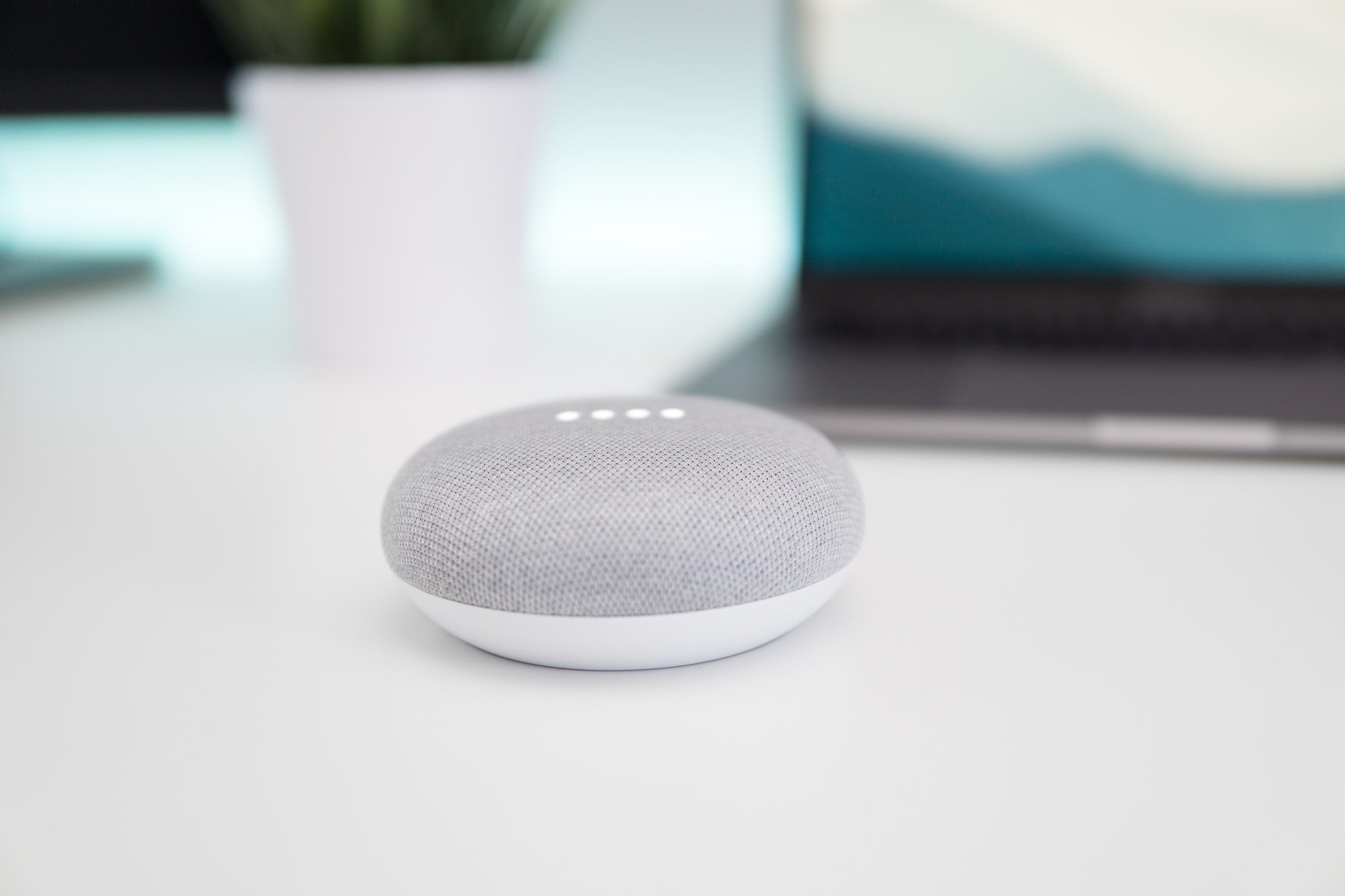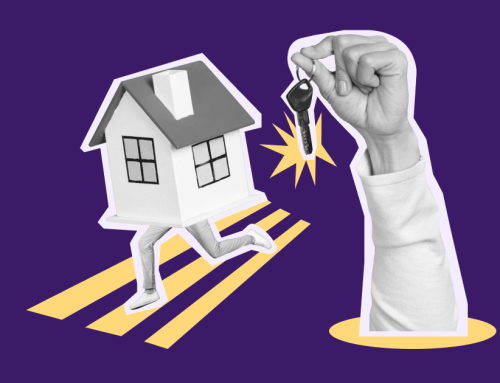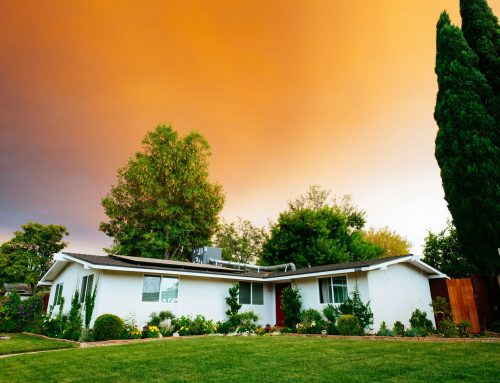In an era defined by innovation, smart homes have emerged as the vanguards of technological transformation within the real estate sector. This article delves into the sweeping impact of smart home technology, examining how it's reshaping the real estate landscape, redefining home living, and propelling the industry into an age of unparalleled convenience and efficiency.
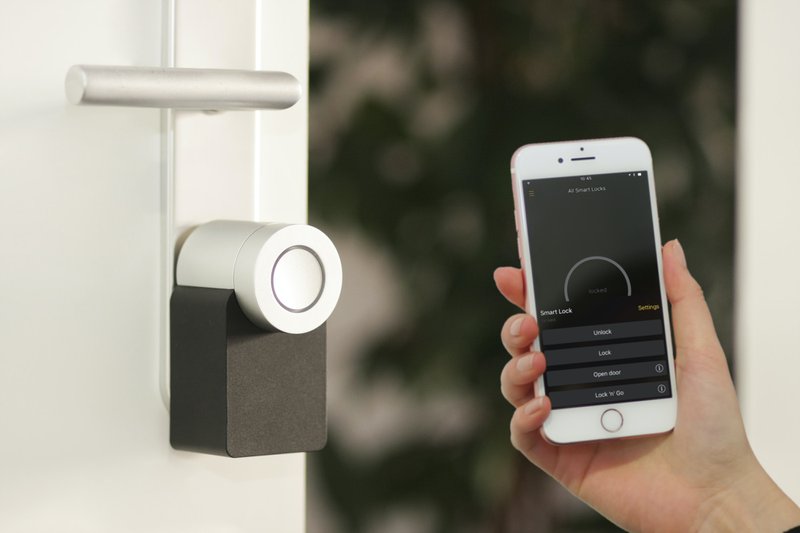
The Rise of Smart Homes in Real Estate
Gone are the days when houses were mere structures; today, they are intelligent entities equipped with state-of-the-art technology. Smart homes are fundamentally changing the way we perceive and interact with living spaces. From intelligent climate control systems that adjust to occupants' preferences to intuitive security setups that recognize homeowners, these advancements are more than just amenities—they're becoming essential components of modern living.
Revolutionizing Home Living
Smart homes are not just about convenience; they're about enhancing the quality of life. Imagine homes that predict your preferences and adjust lighting, temperature, and music accordingly. Automated routines make daily tasks seamless, such as brewing coffee when you wake up or adjusting window shades to maximize energy efficiency. With interconnected devices, homeowners are empowered to create tailored environments that align with their needs and preferences.
Technology-Driven Real Estate Market
The integration of smart home technology is no longer a luxury; it's a selling point. Properties equipped with advanced systems often command higher prices and attract a new breed of tech-savvy buyers. Real estate professionals are adapting, realizing that showcasing a property's smart capabilities can be as essential as highlighting its location and layout. Smart homes are not just redefining the homes themselves; they're transforming the dynamics of real estate transactions.
Challenges and Considerations
Despite the promises of smart homes, challenges exist. Privacy and data security concerns are paramount as more devices collect personal information. Moreover, the rapid evolution of technology raises questions about the longevity of smart systems and the potential for obsolescence. Homeowners must weigh the benefits against potential drawbacks and make informed decisions about adopting these innovations.
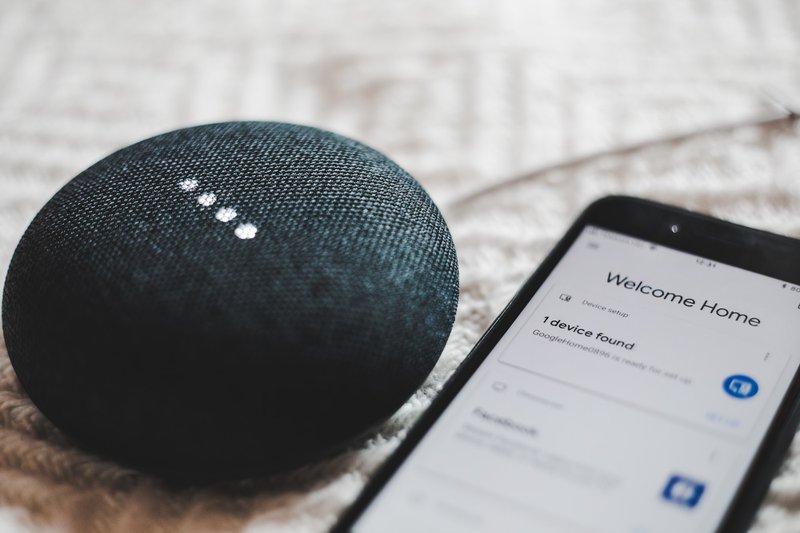
The Future of Real Estate: Embracing Smart Technology
The trajectory is clear: smart technology is here to stay. Industry players must adapt to stay relevant in a market where consumers increasingly value interconnected living spaces. Real estate agents, developers, and homeowners alike must become well-versed in smart home offerings, understanding not only their benefits but also the implications for resale value and long-term investment.
Conclusion
The real estate landscape is undergoing a profound transformation, catalyzed by the integration of smart home technology. As we venture into an era where homes are imbued with intelligence, convenience, and customization, the industry finds itself at a crossroads of innovation and tradition. Smart homes are not just changing the way we live; they're changing the very foundation of how we perceive and invest in real estate. Embracing these technological shifts will be the key to thriving in a future where smart homes are the new norm.

